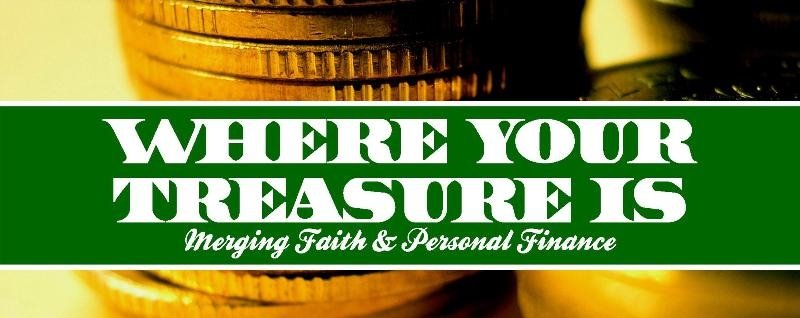 At the outset, I will tell you my biases, both for and against this book. You will probably notice that they will come up several times in this brief series.
At the outset, I will tell you my biases, both for and against this book. You will probably notice that they will come up several times in this brief series.First, the negative. I don't fully agree with Bach's strategy. While some of what he has to say is wonderful, and I will praise a couple of his principles several times, I don't like his lack of focus. I follow Dave Ramsey on this one: do one thing with total focus until it's done. Bach likes to divide our focus into more than one thing at times, and I don't like that.
The positive--besides the principles I like--is that the book is extremely readable and brief. I have read it three times, and actually read over half of the book in one day (without even reading all day) last year. It is one of the few financial books I enjoy reading.
Introduction
The book begins by promising to help in a practical way, and promises to do so in a short amount of time. Like many books, this volume does not give you "hot stock tips" or other such financial information. It, rather, changes our attitude about money.
After laying out some practical points ("You don't have to make a lot of money to be rich," for example--page 7), Bach gives is overriding theme, and the one for which the book is named:
If your financial plan is not automatic, you will fail! (7)
If you can remember that point, you will do well with this book. It comes up in every single chapter, and makes the book simple to understand.
The introduction is short, but it does grab the reader's attention. If you don't have a copy of The Automatic Millionaire, you may purchase it from the link below. While you may or may not agree with everything Bach says, the book is definitely worth the price of a used copy.




